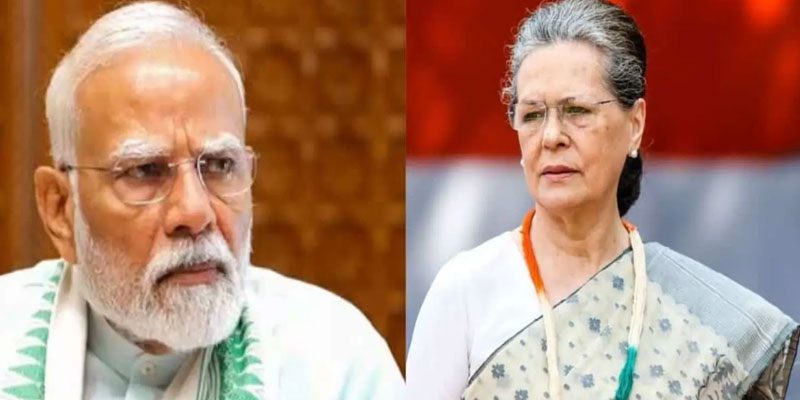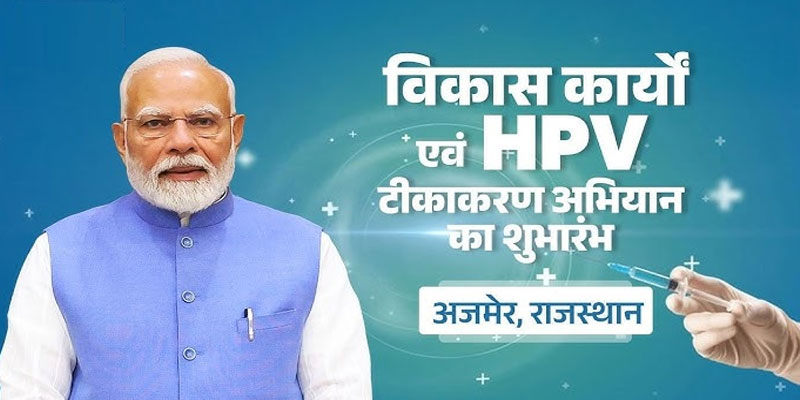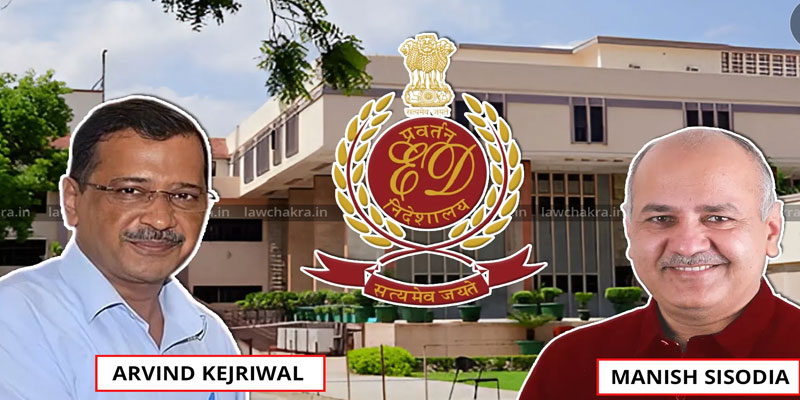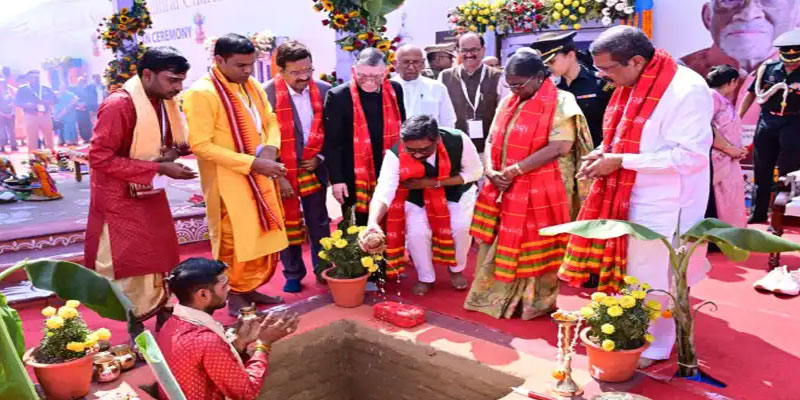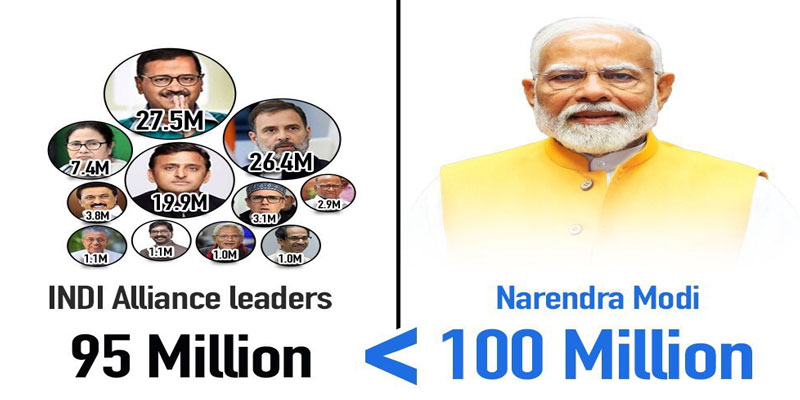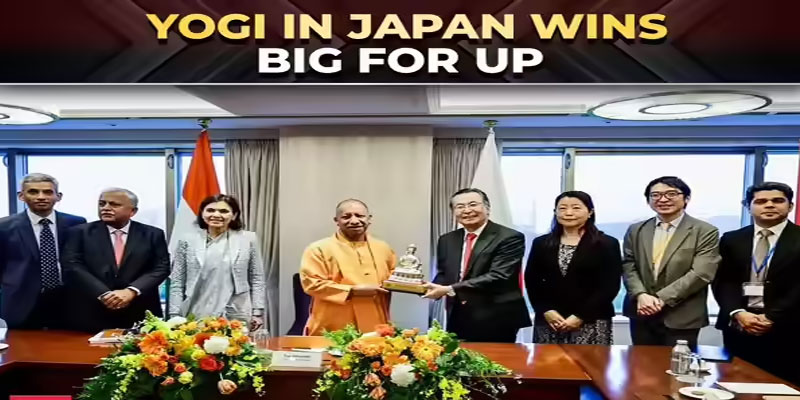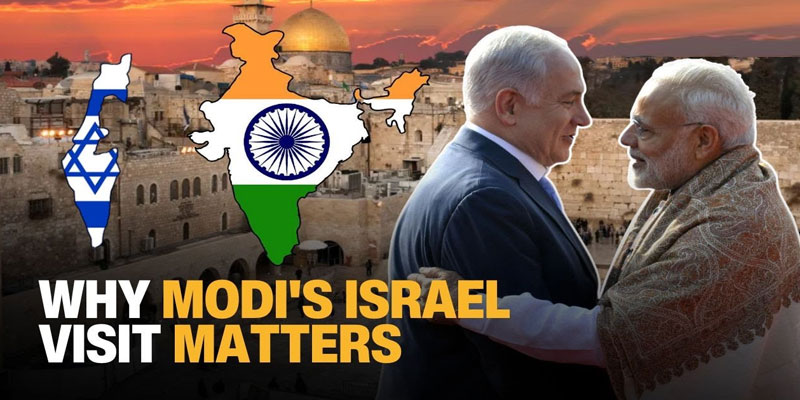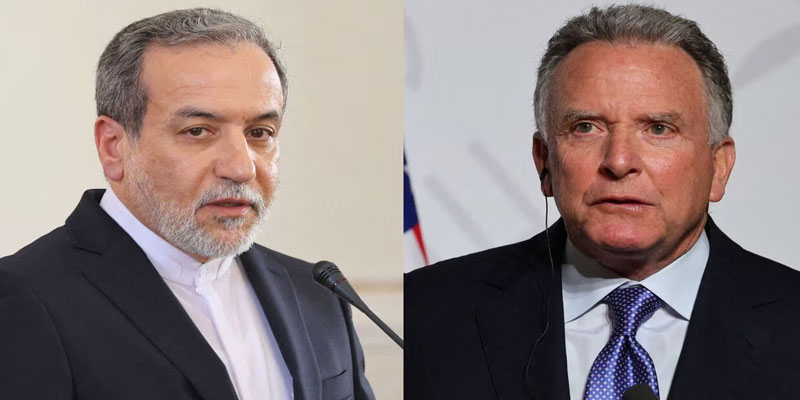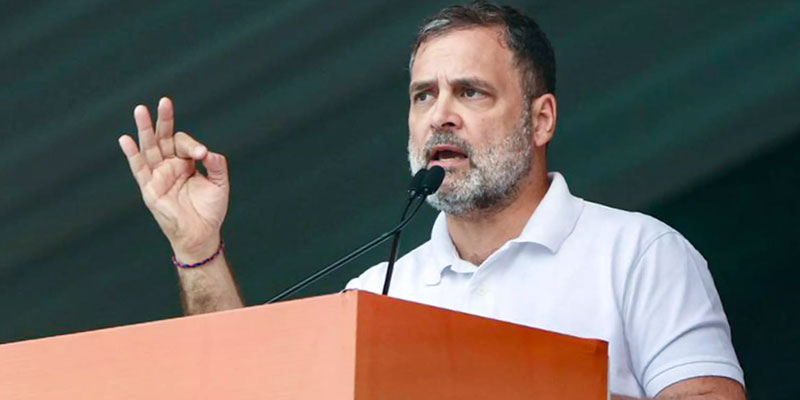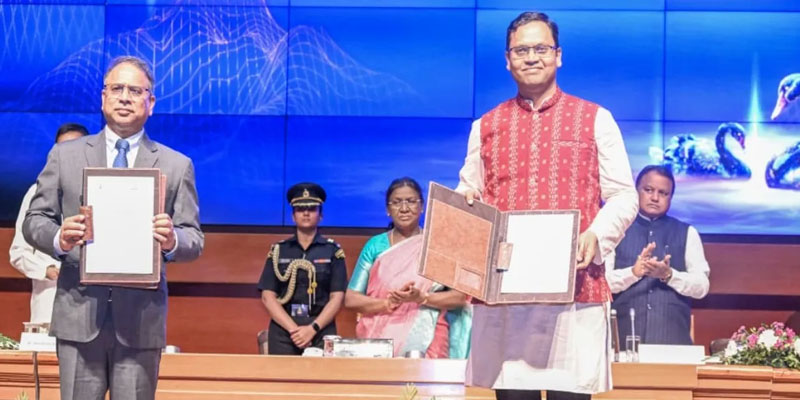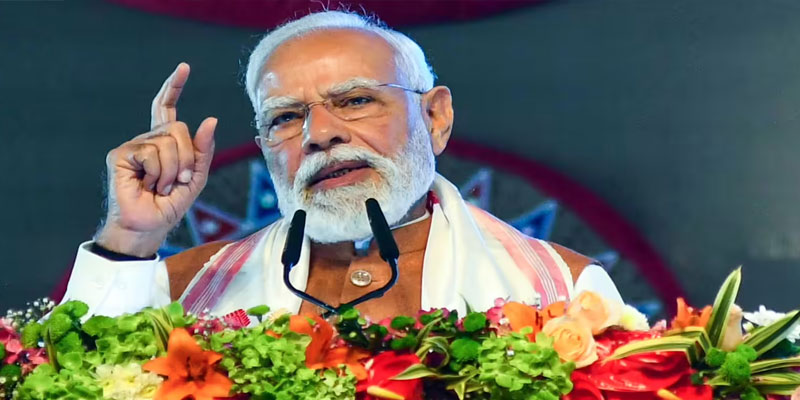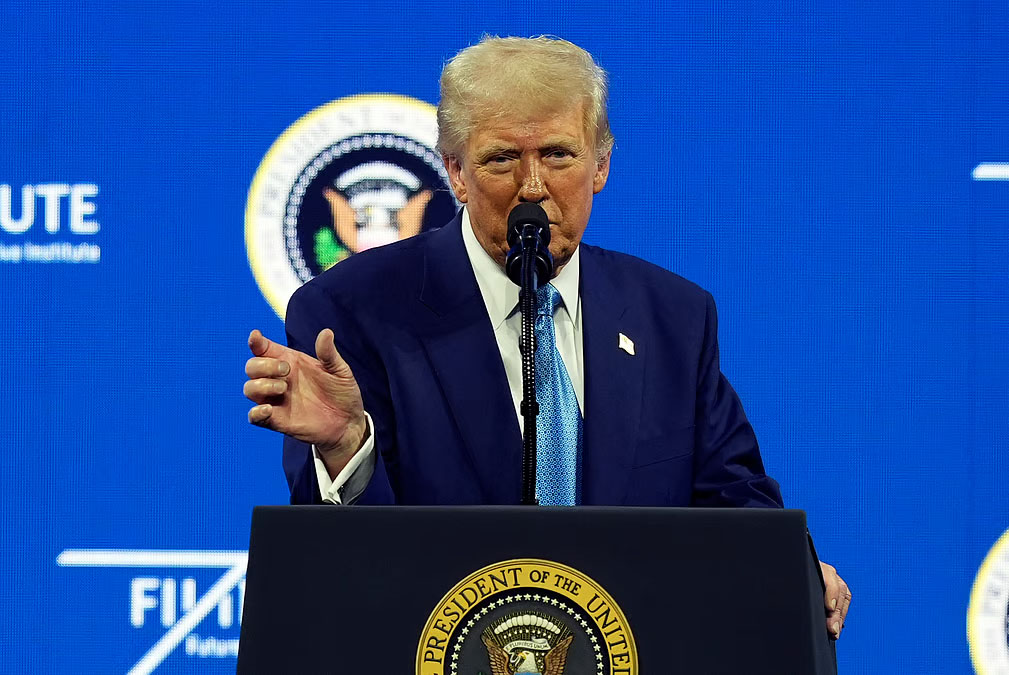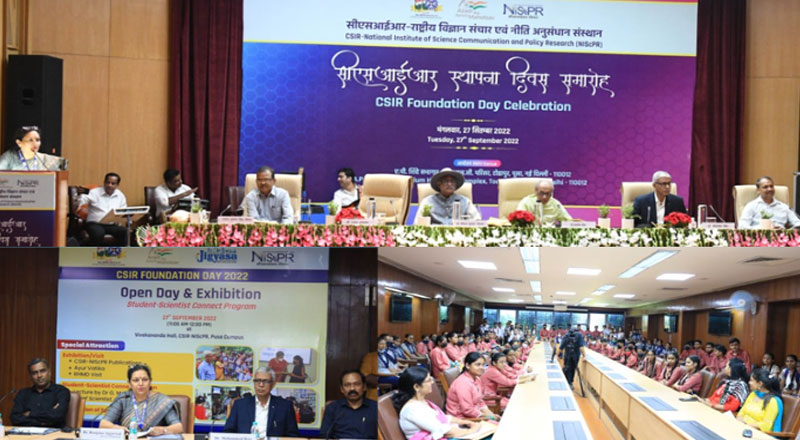Rahul Gandhi’s Demands Stir EC Response
The Election Commission of India (ECI) has responded directly to concerns raised by Rahul Gandhi regarding the conduct of the 2024 Maharashtra Assembly elections. In a formal letter dated June 12, the ECI invited the Leader of the Opposition in Lok Sabha to a personal meeting with the full Commission to discuss issues he raised. The EC emphasized that all elections were conducted in accordance with the law and encouraged open dialogue.
Gandhi had alleged discrepancies in voter turnout data, electoral roll integrity, and the availability of CCTV footage, prompting a broader conversation on electoral transparency and accountability. The Congress party has said it will respond formally to the EC’s letter within a couple of days.
The EC’s Position: Transparency and Decentralization
In its communication, the EC reaffirmed that the entire electoral process including the 2024 Maharashtra Assembly elections, was conducted as per the Constitution, laws enacted by Parliament, and the Commission’s own protocols.
The Commission reminded Gandhi that similar concerns had been raised by the Indian National Congress in the aftermath of the elections, and a detailed reply was already provided on December 24, 2024. This response remains publicly accessible on the EC’s official website.
The EC underlined the decentralized nature of Indian elections, stating that polls in Maharashtra were managed by a massive electoral machinery:
· Over 1,00,000 Booth Level Officers (BLOs)
· 288 Electoral Registration Officers (EROs)
· 139 General Observers and 41 Police Observers
· 71 Expenditure Observers
· 288 Returning Officers (ROs)
· More than 1,08,000 Booth Level Agents (BLAs), including over 28,000 from the Congress party itself
These statistics, the EC said, reflected the widespread political party involvement and institutional checks that ensure electoral integrity.
Open Invitation: EC Seeks Constructive Dialogue
Signaling an openness to dialogue, the Commission stated it is "ready to meet you personally and discuss all the issues." Gandhi was asked to propose a suitable date and time via the Commission’s official email.
The EC also noted that any unresolved issues from the Maharashtra Assembly elections could have been formally pursued by INC candidates through election petitions in the relevant courts — a procedural route that remains open.
This gesture of openness is being seen as part of the EC’s broader effort to uphold trust in electoral institutions at a time when scrutiny of democratic processes has intensified globally.
Congress Reaction: Formal Response Forthcoming
The Congress party welcomed the letter and confirmed it would send a detailed response soon. Party insiders suggest that Rahul Gandhi is likely to engage with the Commission, but only after consulting the party’s legal and electoral affairs teams.
A senior Congress official, speaking on background, noted: “We are glad the EC has acknowledged the importance of transparency. We expect a sincere and issue-based dialogue.”
A Test for Electoral Trust and Institutional Maturity
The Election Commission’s willingness to engage directly with the Leader of the Opposition marks a significant step in fostering democratic accountability. As India’s electoral landscape grows more complex, such institutional responsiveness is essential to maintain public trust.
While Rahul Gandhi’s allegations have sparked political ripples, the invitation for a face-to-face meeting reflects the EC’s confidence in its processes and an opportunity for both sides to reaffirm their commitment to electoral fairness. Whether this results in deeper electoral reform or simply a clearing of the air, the next steps will be closely watched by political observers and the public alike.
(With agency inputs)



